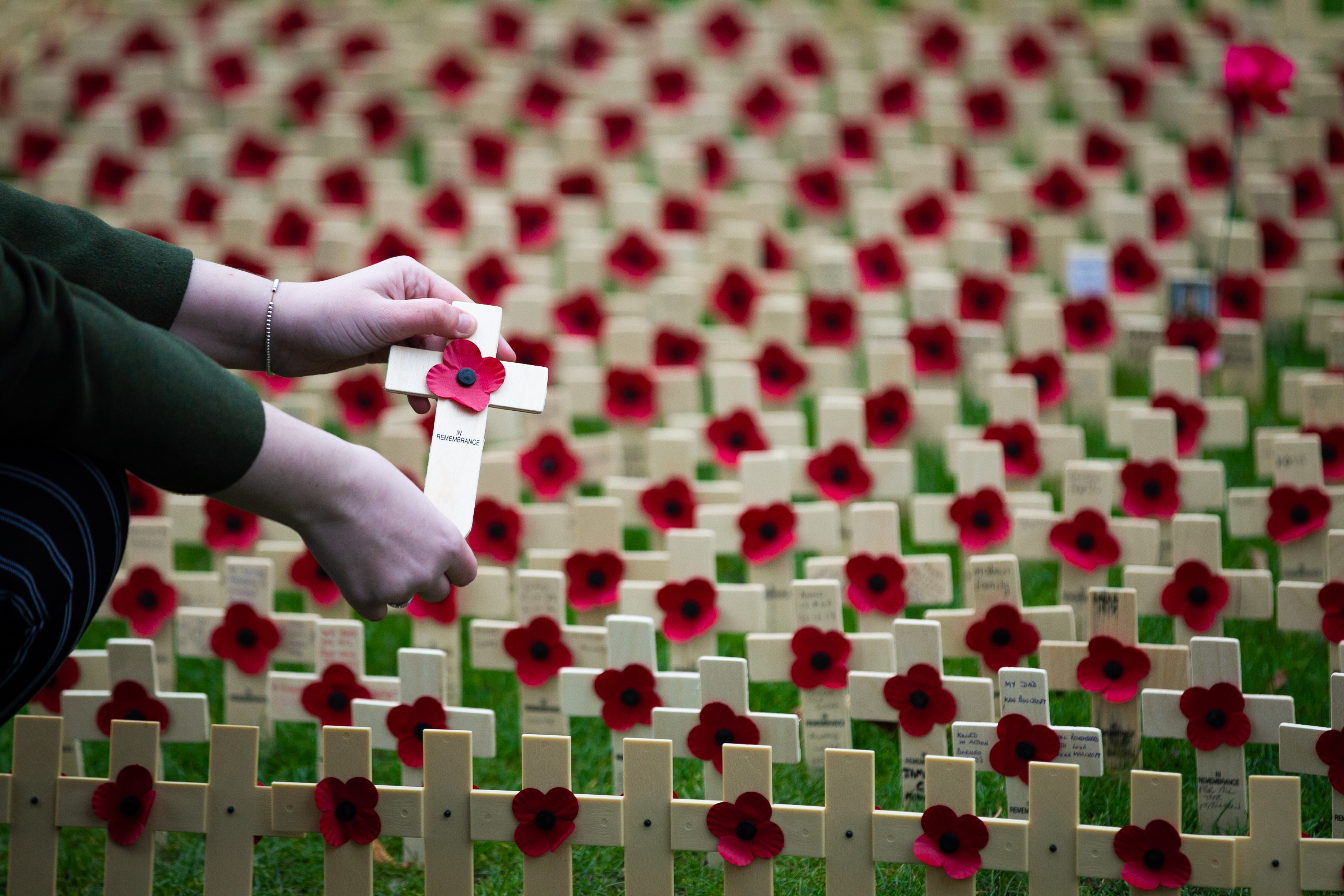
IF we do not remember our history – we are told and will, no doubt, be told again – we are doomed to repeat it.
Well, this is a day to remember our history, a time to reflect on all the lives lost 100 years ago and all those lost in conflict since the end of the war meant to end all wars.
There have been many anniversaries over the last four years marking the start and the most terrible battles of the First World War and there will be more in the years ahead during the 80th anniversary of the Second.
It is understandable that some believe it is all too much. That respectful reflection and remembrance has sometimes soured into a glorification of war and a misplaced nostalgia. That choosing to wear a poppy as a small gesture of respect loses a little meaning when it becomes almost mandatory, when no one, from newsreaders to Strictly Come dancers, is allowed on our TV screens without one.
On occasion, all Britain’s ceremonies and wreath-laying, all the concerts and bejewelled poppies, can seem more about us than them, the ordinary men and women, who once answered the call to fight for their country and made the ultimate sacrifice.
What, the sceptics ask, has changed? The war to end all wars ended nothing. Indeed, just 20 years later, the world was ablaze again and other conflicts have since claimed the lives of millions more.
Today, as Britain remembers, bombs will fall and bullets will fly in countries that may seem far from home but are closer than that. Some of those arms will have been made in Scotland, some of those wars are supported by our Prime Minister’s government.
In addition, as we salute the fallen today, dark forces continue to make the world as dangerous as it has ever been. Above the far-right, toxic nationalists emerging emboldened across the Western world to the jihadists still intent on destroying that world, lowering clouds are forming.
Meanwhile, in Europe, Britain has voted to leave the round table where leaders united to rebuild a continent rubbled by war, where arguments were settled with words not bombs and bullets.
Now, the talk is of new borders and barriers while the worst and glibbest Brexiteers continue to glory in wartime analogies, relishing rhetoric of stoic defiance, duplicitous foreigners, and plucky Blighty going it alone. This year of all years, they would do better to muffle their shallow ignorance in a shroud of silence.
As we stand in remembrance this morning looking across our country and around the world, it may seem that we have learned only one thing from all the wars waged, all the battles fought and all the lives lost, and that is that we have learned nothing at all.
The millions of men and women, lost in the First World War and in every war since, did not die for that.
They died believing a better world was worth fighting for. So should we.

Enjoy the convenience of having The Sunday Post delivered as a digital ePaper straight to your smartphone, tablet or computer.
Subscribe for only £5.49 a month and enjoy all the benefits of the printed paper as a digital replica.
Subscribe